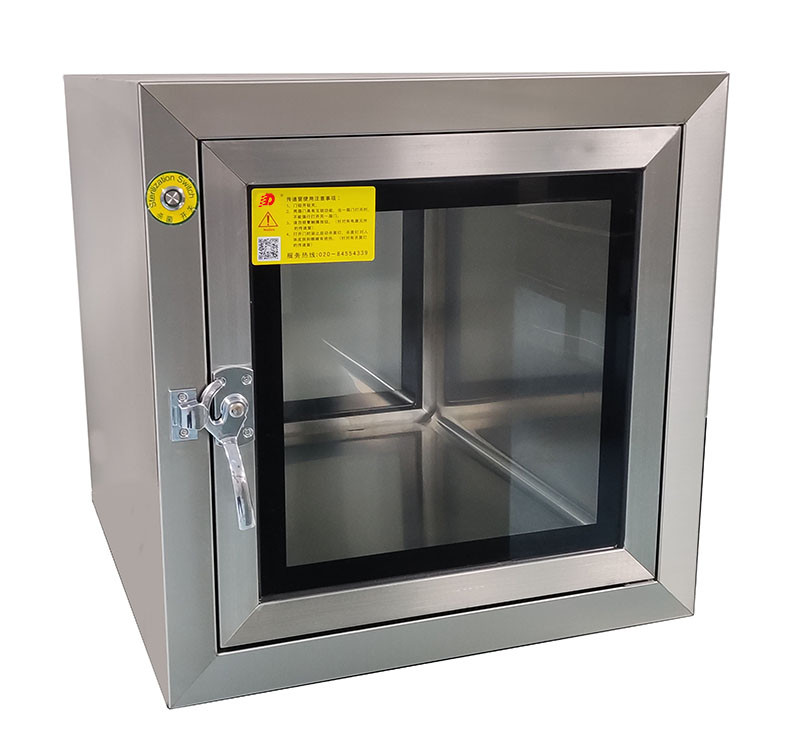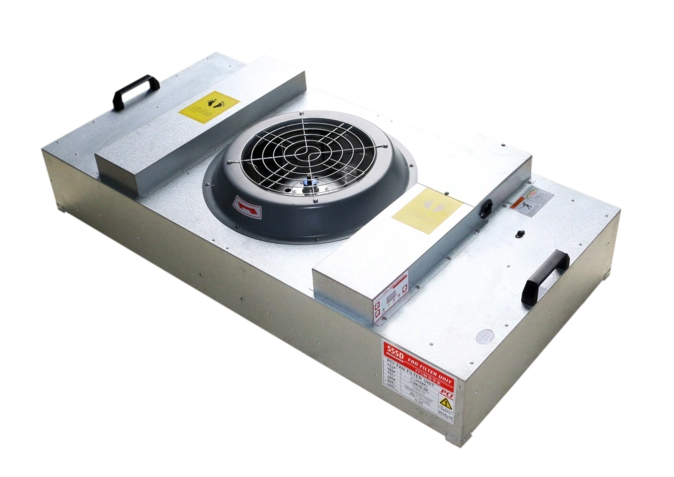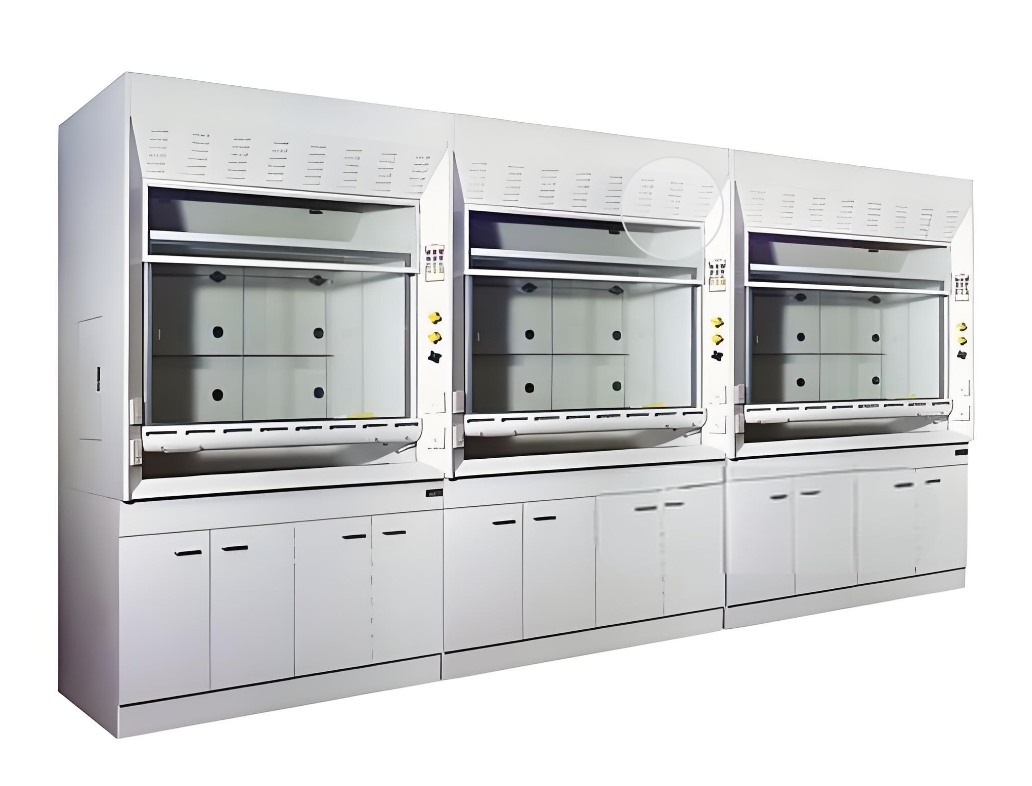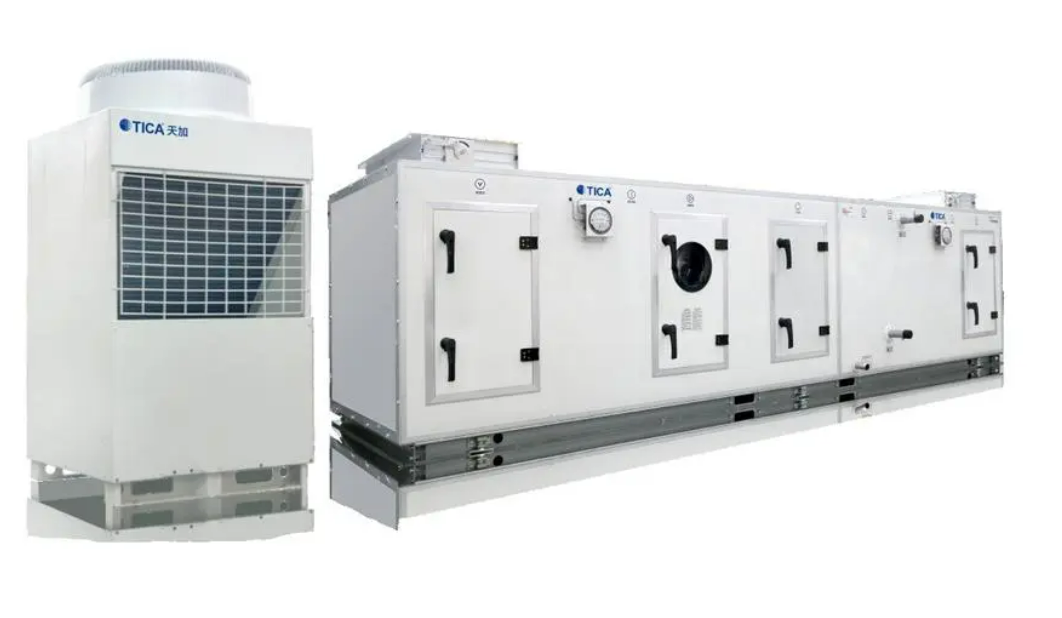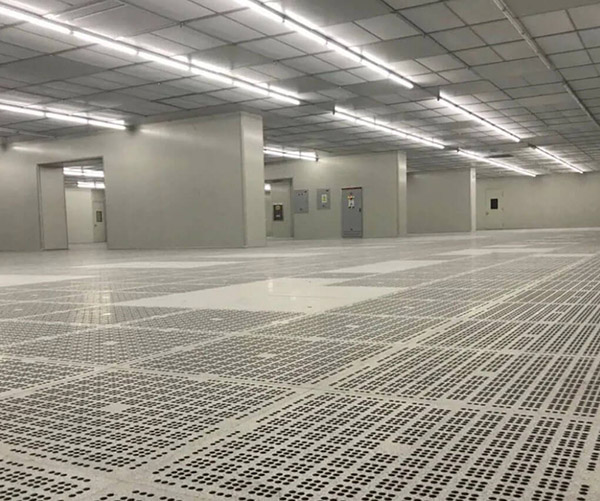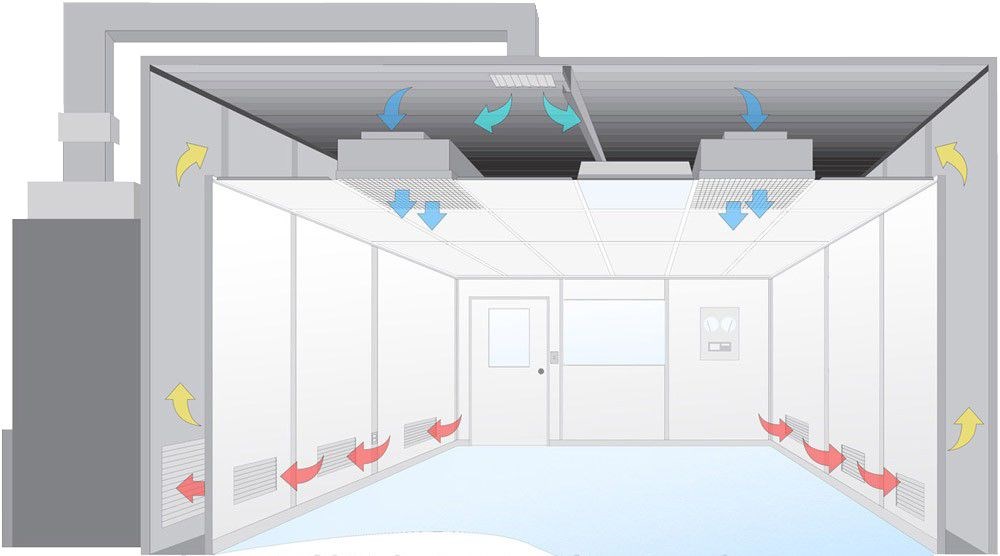High-Efficiency Particulate Air (hepa) filters are crucial components in various applications, from healthcare facilities to residential air purifiers. They ensure the removal of airborne particles, contributing significantly to improved air quality. Understanding the different types of hepa filters available helps users make informed decisions based on their specific needs. In this article, we’ll explore the six primary types of hepa filters and their unique characteristics.
What are the 6 types of HEPA filters?

1. true hepa filters: These filters meet the U.S. Department of Energy standards, capturing at least 99.97% of particles that are 0.3 microns in size.
2. HEPA-Type Filters: While marketed as HEPA filters, these do not meet DOE standards and are typically less efficient.
3. ULPA Filters: Ultra-Low Penetration Air filters capture 99.999% of particles as small as 0.12 microns, used in specialized CleanRoom applications.
4. Electrostatic Filters: Utilizing static electricity, these filters attract particles but may vary in efficiency and are often used alongside other filtration types.
5. Activated Carbon HEPA Filters: Combining HEPA technology with activated carbon, these filters not only capture particles but also adsorb odors and volatile organic compounds (VOCs).
6. Washable HEPA Filters: Designed for cleaning and reuse, these filters offer convenience but may lose efficiency over time and require proper maintenance.
Importance of HEPA Filters

HEPA filters play a vital role in ensuring Clean air quality in various environments. They effectively reduce allergens, providing relief for allergy sufferers. HEPA filters help in minimizing the spread of airborne pathogens in healthcare settings. They contribute to overall better health and comfort in residential and work environments by removing harmful particles.
HEPA Filters Improve Air Quality

HEPA filters are designed to capture a wide range of airborne particles, including dust, pollen, pet dander, mold spores, and smoke. In environments where air quality is paramount, such as hospitals, laboratories, and Cleanrooms, HEPA filters are indispensable. They operate by forcing air through a fine mesh that traps harmful particles, thus preventing them from being recirculated into the environment.
The effectiveness of HEPA filters in removing contaminants significantly enhances the overall air quality, leading to numerous health benefits. Improved air quality can reduce the incidence of respiratory issues, allergies, and other health problems associated with poor air. Moreover, the use of HEPA filters in industrial applications helps in maintaining product integrity and safety by eliminating particulate contamination. As air quality continues to gain importance, the demand for HEPA filtration technology is likely to grow.
How to Choose the Right HEPA Filter?

Consider the Application:
Different environments require different types of HEPA filters. Assess your specific needs, such as whether you need filters for residential use, commercial applications, or specialized cleanrooms.
Filter Efficiency and Standards:
Choose filters that meet appropriate standards, such as the U.S. DOE for true HEPA filters or other relevant certifications. Higher efficiency ratings indicate better particle capture capabilities. Understand your environment's pollutant types and select a filter designed to address those specific contaminants.
Maintenance and Replacement Needs:
Opt for filters that are easy to maintain and replace, ensuring consistent performance over time. Regular maintenance schedules can help prolong the life of your filtration system.
HEPA Filter Replacement

Regular replacement of HEPA filters is crucial for maintaining their effectiveness.
1. Frequency of Replacement: Most HEPA filters should be replaced every 6 to 12 months, depending on usage.
2. Signs of Replacement: Look for signs such as reduced airflow, increased energy consumption, or visible dust buildup on the filter itself.
3. Standards and Guidelines: Adhere to relevant guidelines, such as those set by the American Society of Heating, Refrigerating and Air-Conditioning Engineers (ASHRAE) and the Institute of Environmental Sciences and Technology (IEST), to ensure optimal performance and compliance.
Limitations of HEPA Filters

While HEPA filters are effective at capturing a wide range of airborne particles, they do have limitations:
Particle Size Limitations: HEPA filters are most effective for particles around 0.3 microns. They can capture larger and smaller particles to some extent but may not be as efficient.
Gas and Odor Removal: HEPA filters do not remove gases or odors unless combined with activated carbon or other adsorbents.
Maintenance Requirements: HEPA filters require regular maintenance and replacement to maintain their efficiency, which can be a drawback in some applications.
Cost Considerations: High-quality HEPA filters can be more expensive than standard filters, leadingto higher initial investment costs.
Limited Lifespan: Over time, HEPA filters can become clogged with particles, reducing airflow and effectiveness. If not replaced regularly, they can contribute to rather than mitigate air quality issues.
Not Universally Applicable: Some environments, particularly those with high humidity or specific chemical exposures, may require specialized filtration systems that HEPA filters cannot provide.
In summary, while HEPA filters are an essential tool for improving indoor air quality and capturing harmful particles, users must be aware of their limitations and ensure proper maintenance and selection for specific applications. By understanding these factors, individuals and organizations can make informed choices that enhance air quality and overall health.
Summary
In conclusion, HEPA filters are invaluable for maintaining clean air in various settings, from homes to industrial environments. Understanding the different types of HEPA filters, their importance, and how to choose the right one is crucial for optimal air quality management. Despite their limitations, when used correctly and maintained properly, HEPA filters can significantly contribute to healthier living and working spaces, making them a vital component in modern air filtration systems.
 +86 18186671616
+86 18186671616 Jason@cleanroomequips.com
Jason@cleanroomequips.com
 MENU
MENU







